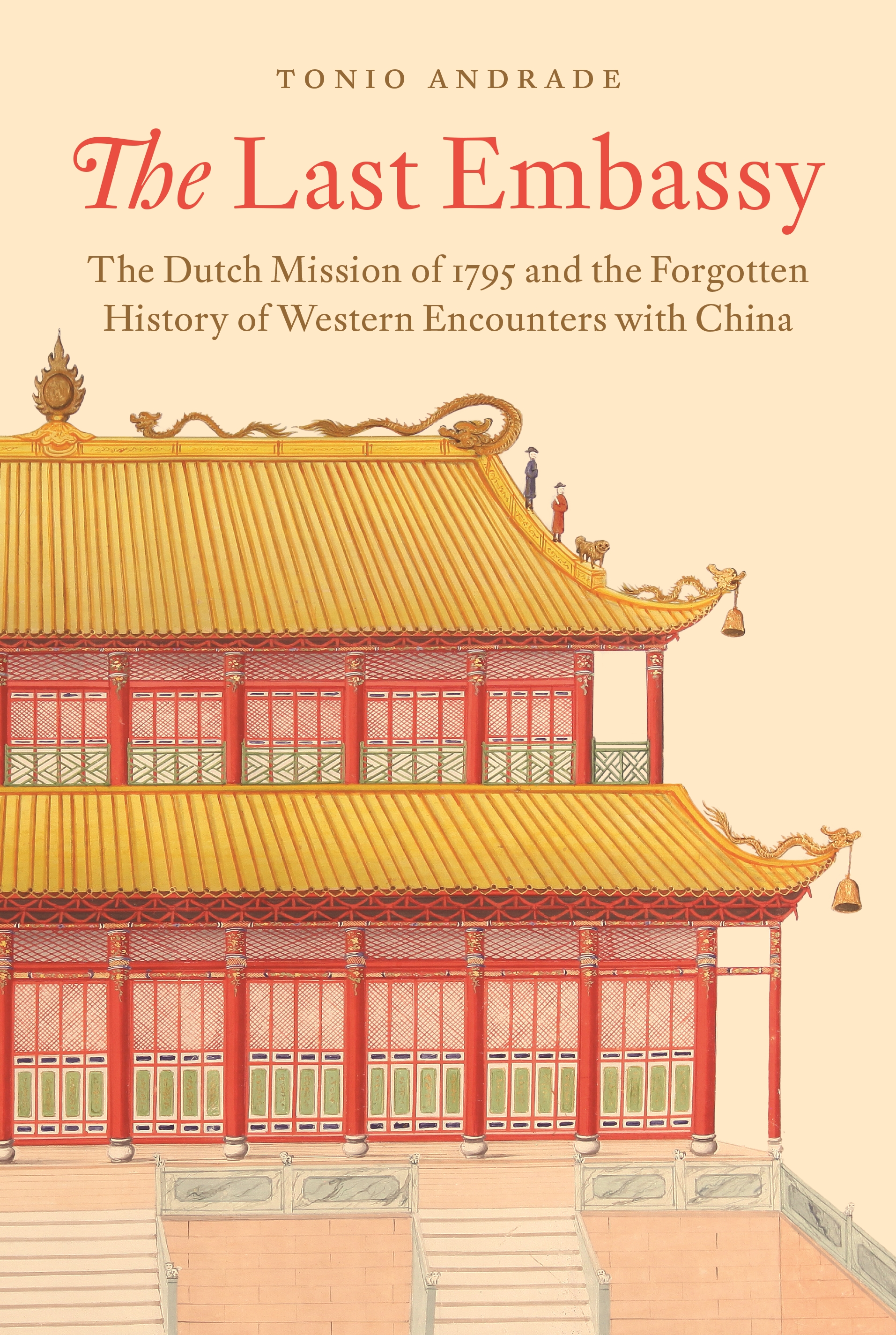Dr. Patrick N. Allitt, Cahoon Family Professor of American History, will join author Robert Strauss for a conversation about former U.S. Supreme Court Chief Justice John Marshall. The public event, titled “John Marshall: The Final Founder,” is hosted by the Carter Center and will take place on Wednesday, April 7, at 7pm EST. Read the full event below and join the conversation via this link.
Eighteenth- and 19th-century contemporaries believed John Marshall to be, if not the equal of George Washington and Benjamin Franklin, at least very close to that pantheon. In his new book, journalist and historian Robert Strauss recounts how the Chief Justice acted as the glue that held the union together after the original founding days. Strauss will be in conversation with Emory University History Professor Patrick Allitt.
